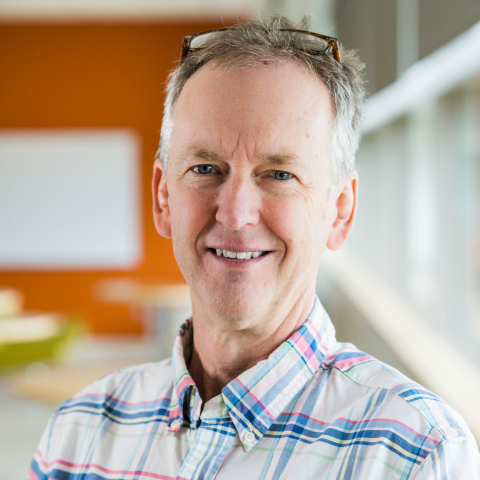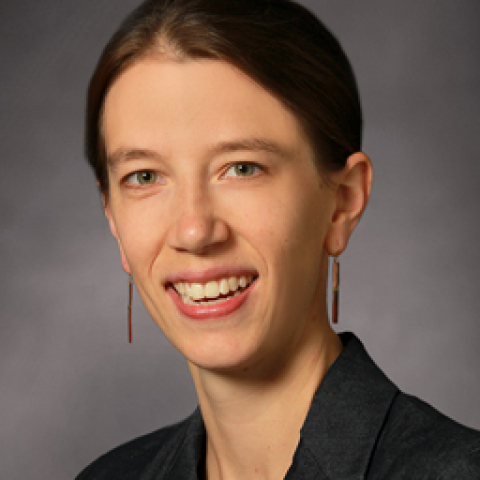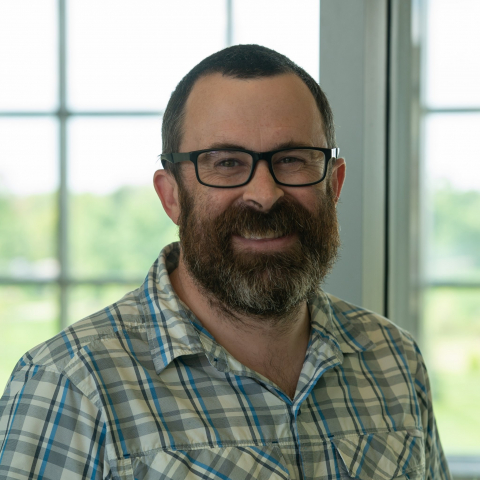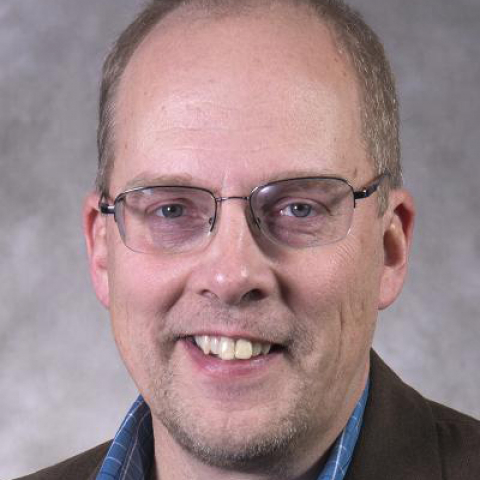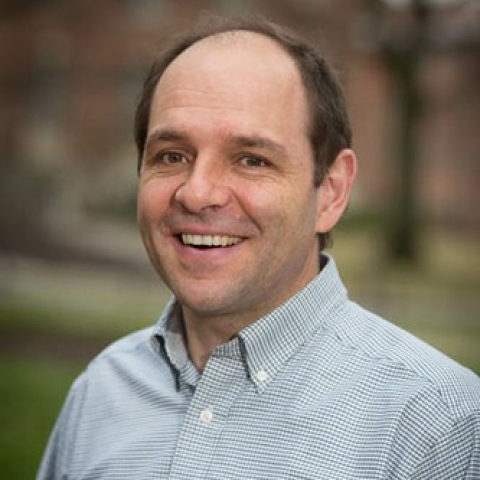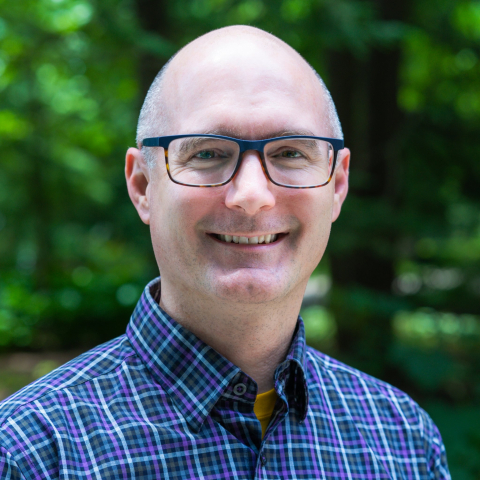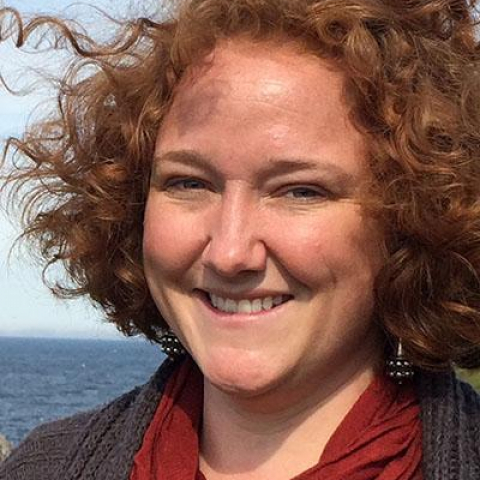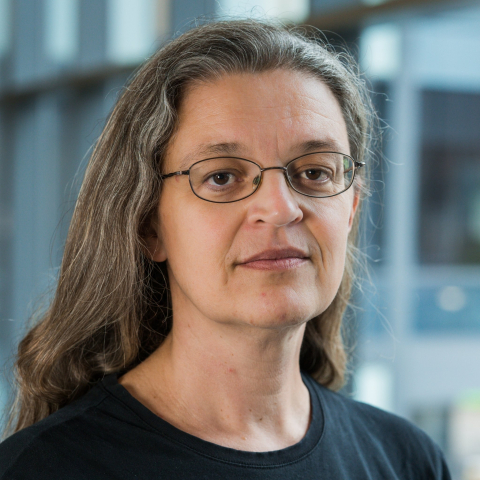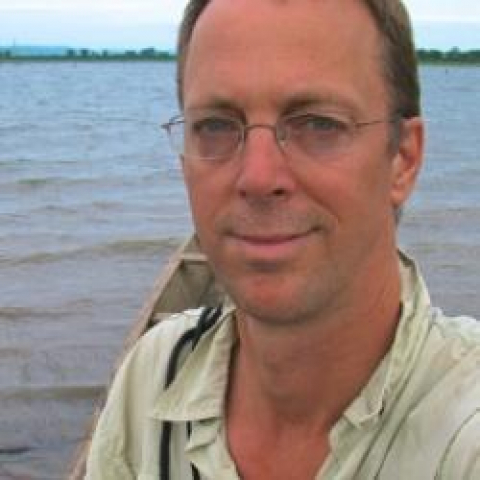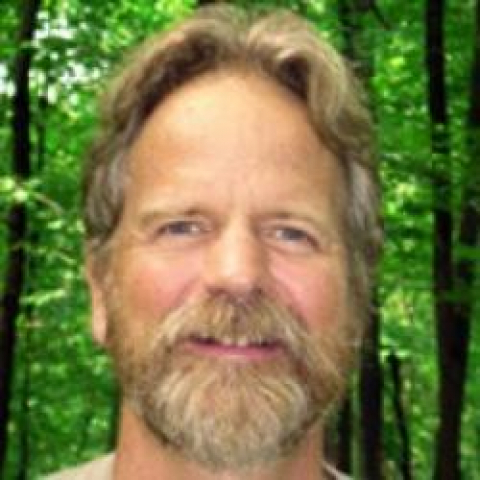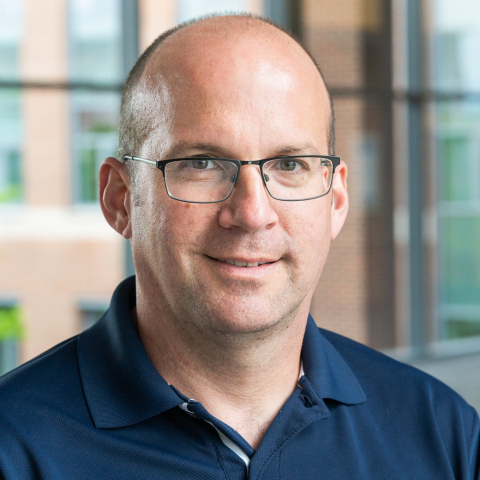People: Faculty
James Marden
Associate Director of Operations, Huck Institutes of the Life Sciences; Professor of Biology
How physiological variation within species affects their ecology and evolution. Primarily with insects, but recently also with plants, and a particular interest in allelic variation in the pathogen resistance genes of tropical trees.
Lauren McPhillips
Assistant Professor of Civil and Environmental Engineering
David Miller
Professor of Wildlife Population Ecology
Population ecology, quantitative ecology, avian and amphibian ecology, conservation decision analysis, life-history evolution.
Felipe Montes
Assistant Research Professor
Modeling of agricultural production systems, greenhouse gas emissions, water quality and environmental impacts; Advanced instrumentation and field research techniques for collecting data to feed the process-based models; Bioenergy and biomass production, green house mitigation, life cycle analysis and carbon footprint determination, whit emphasis on shrub coppice willow
George Perry
Professor of Anthropology and Biology
Anthropological genomics, paleogenomics, human body size evolution, parasite evolution, and evolutionary medicine.
Bronwen Powell
Associate Professor of Geography, African Studies and Anthropology
Andrew Read
Senior Vice President for Research; Evan Pugh Professor of Biology and Entomology; Eberly Professor of Biotechnology
The ecology and evolutionary genetics of infectious disease.
Katriona Shea
Professor of Biology; Alumni Professor in the Biological Sciences
The use of ecological theory in population management.
Erica Smithwick
Professor of Geography
Understanding how a wide range of disturbances, especially fire, affect ecosystem function at landscape scales.
Kenneth Tamminga
Distinguished Professor of Landscape Architecture
Ecological restoration; ecological design; sustainability; environmental planning; urban green infrastructure; ecology and design pedagogy.
Fang (Rose) Zhu
Assistant Professor of Entomology
Understanding the mechanisms and evolution of insects’ adaptation to chemical stresses in their environment.
Karl Zimmerer
Professor of Geography
Land use and agricultural change/global change, Economic development/globalization/neoliberalism, Nature-society and human-environment theory, Environmental impacts (biodiversity/soils/water/conservation), Food/producer-consumer networks/sustainability.
